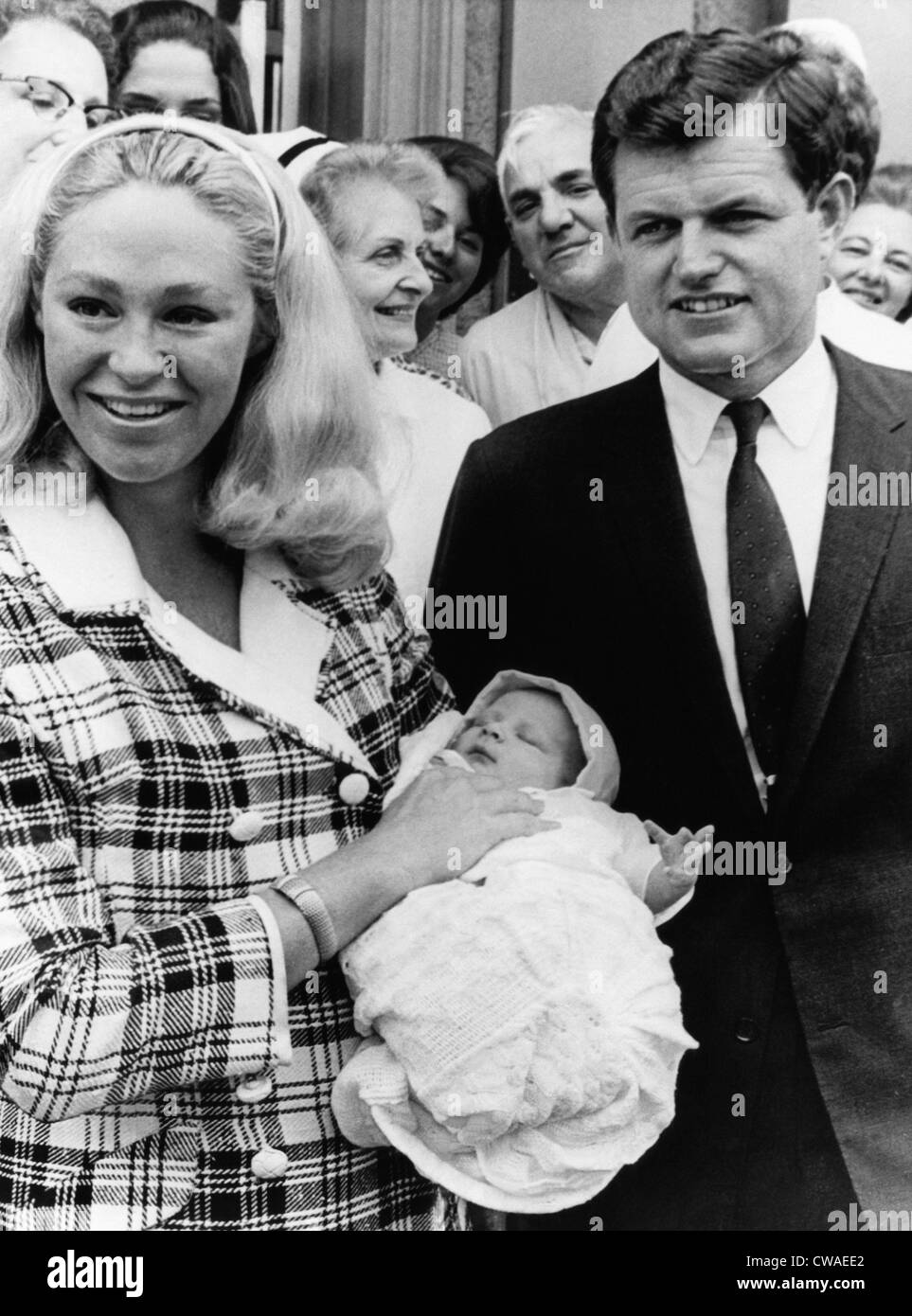Who was Joan Bennett Kennedy, and why does her story resonate so deeply with those who follow the storied history of the Kennedy family? A bold statement emerges when examining her life: she was more than just a spouse to Senator Edward Ted Kennedy; she was a woman whose personal battles mirrored the public struggles of one of America's most iconic political dynasties. Her journey through marriage, alcoholism, and resilience offers an unflinching look into both private turmoil and public scrutiny.
Born Virginia Joan Bennett on September 2, 1936, Joan grew up in a world far removed from politics but quickly adapted to its demands after marrying Ted Kennedy in 1958. The union marked the beginning of what would become a complex chapter in their lives—a blend of triumphs overshadowed by tragedy. As the first wife of one of America’s most influential senators, Joan navigated societal expectations while grappling with her own demons. Alcoholism became a defining feature of her later years, yet it also highlighted her courage as she sought recovery amidst relentless media attention.
| Personal Information | Details |
|---|---|
| Full Name | Virginia Joan Kennedy (née Bennett) |
| Date of Birth | September 2, 1936 |
| Place of Birth | Charleston, South Carolina |
| Spouse | Senator Edward M. Kennedy |
| Marriage Duration | 1958–1982 |
| Career | Socialite, Advocate for Alcoholism Awareness |
| Notable Struggles | Alcoholism, Public Scrutiny |
| Reference | Wikipedia Entry |
Her role as a socialite brought her into contact with some of the most powerful figures of her time, but this exposure came at a cost. The Kennedys were no strangers to tragedy, and Joan bore witness to several devastating events during her tenure as Ted’s wife. From the assassinations of John F. Kennedy and Robert F. Kennedy to personal losses within their immediate circle, Joan endured hardships that tested her strength and resolve. Yet, despite these challenges, she remained steadfast in supporting her husband’s career ambitions.
However, beneath the surface lay a different battle—one against addiction. Alcoholism plagued Joan throughout much of her adult life, culminating in a highly publicized incident where she was found unconscious outside her home due to excessive drinking. This episode thrust her struggles into the national spotlight, sparking conversations about mental health and substance abuse. While painful, such moments also underscored her determination to seek help and reclaim her life.
In 1982, Joan and Ted Kennedy divorced, bringing an end to their tumultuous relationship. Despite the separation, they maintained cordial relations, particularly concerning their children. Their three offspring—Kara, Edward Jr., and Patrick—would go on to carve out successful careers of their own, continuing the legacy of service instilled by their parents. For Joan, however, the post-divorce period marked another phase of self-discovery and advocacy. She emerged as a vocal supporter of alcoholism awareness initiatives, using her experiences to educate others and promote healing.
As discussions around the Kennedy clan resurfaced following notable milestones like Ethel Kennedy’s passing or Patrick Kennedy’s memoir release, Joan’s contributions often took a backseat. Critics argued that her voice deserved equal recognition, especially given her pivotal role in shaping Ted’s early political career. Indeed, many believe that without Joan’s unwavering support during his formative years in Congress, Ted might not have achieved the same level of success. Her influence extended beyond mere companionship; she played a critical part in nurturing his aspirations and guiding him through difficult times.
The intersection of personal pain and public duty defined Joan Bennett Kennedy’s existence. Even today, her story serves as a reminder of the complexities inherent in high-profile relationships. It highlights the importance of empathy and understanding when evaluating individuals caught in the crosshairs of fame and fortune. Through her resilience, Joan demonstrated that even amid adversity, there exists potential for growth and transformation.
For those curious about her journey, archival photographs capture glimpses of her elegance and grace. These images reveal a woman whose beauty belied the inner turmoil she faced daily. Whether attending galas alongside her husband or quietly working behind the scenes, Joan left an indelible mark on American history. Though overshadowed at times by more prominent members of the Kennedy family, her impact remains undeniable.
Ultimately, Joan Bennett Kennedy’s narrative transcends mere biography. It speaks to universal themes of perseverance, redemption, and the enduring human spirit. By confronting her flaws head-on and embracing opportunities for change, she carved out a place for herself in the annals of modern history. Today, her legacy continues to inspire those navigating similar paths, proving that even in darkness, light can prevail.



